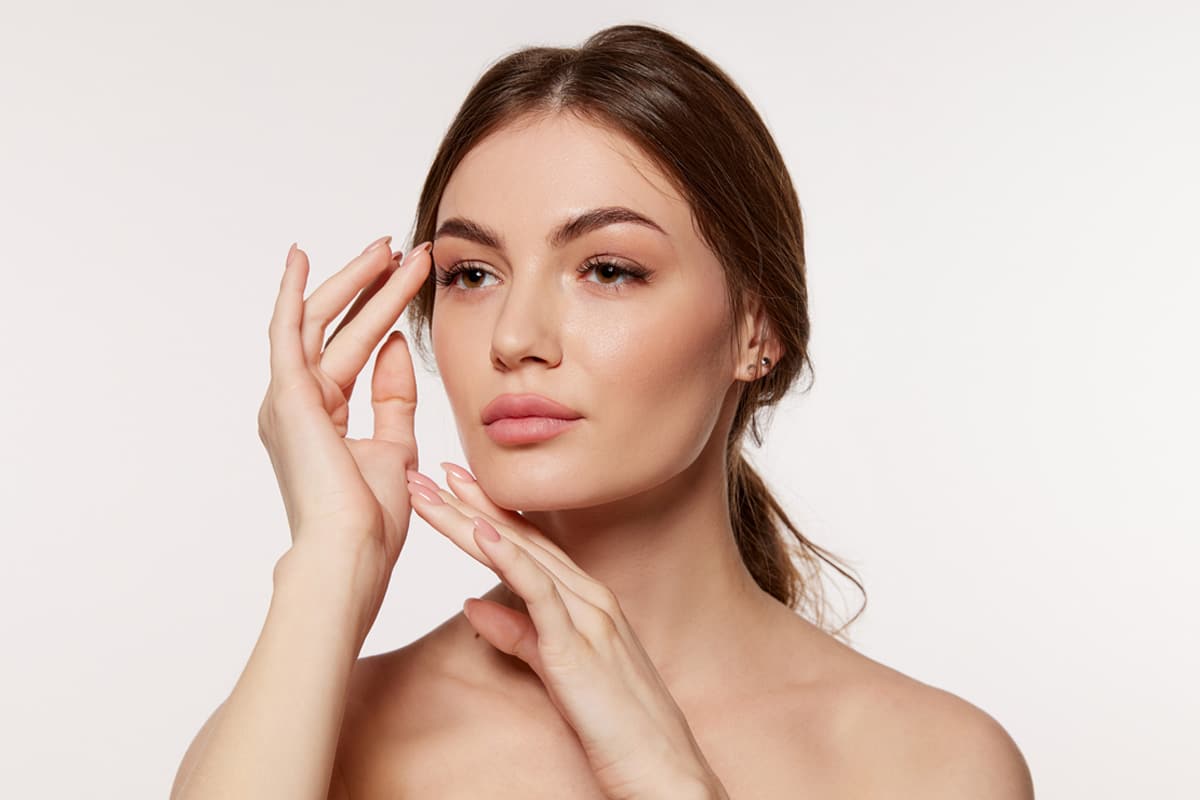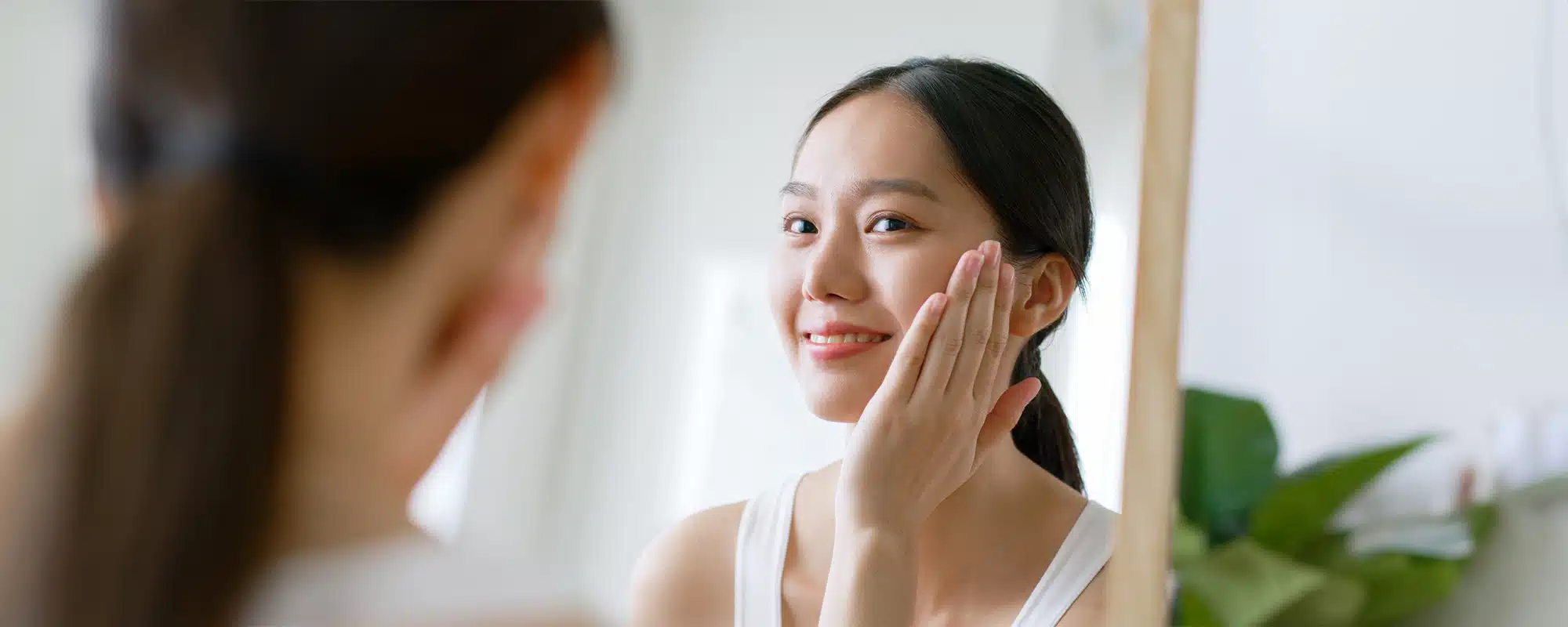Botox is a popular injectable that helps reduce wrinkles by stopping nerve signals, which keeps muscles from contracting and smooths out wrinkles.
Even though the procedure itself is pretty straightforward, taking care of yourself afterward is crucial to get the best results and avoid any problems. Here’s a handy guide on what to do and what to avoid after getting Botox, especially in the first 24 hours.

Essential Post-Botox Care Tips
- Maintain an upright position for at least four hours post-Botox to prevent the spread of the toxin.
- Stay hydrated and use gentle cleansers to keep the injection sites clean and promote healthy skin.
- Avoid touching or rubbing the treated areas, as well as using makeup, for at least 24 hours post-procedure.
- Refrain from consuming alcohol, taking blood thinners, and engaging in strenuous activities for a day after the treatment.
- Schedule a follow-up appointment to assess the results and make any necessary adjustments for optimal outcomes.
THE FIRST 24 HOURS AFTER BOTOX
The first 24 hours after Botox in New Jersey are crucial for achieving the best results. During this period, it’s recommended not to lie down for at least 4 hours after the procedure. This helps to prevent Botox from spreading to other areas.
DO AFTER BOTOX
Relax after the Botox Treatment
The hours after the cosmetic procedure are a time to allow your body to adjust to the botulinum toxin injections, a potent form of the bacterium Clostridium botulinum, which has been carefully administered to correct muscles and ease the appearance of wrinkles.
Although it is a minimally-invasive yet highlight effective treatment, it’s crucial to prioritize relaxation and tranquility after your Botox treatment.
Stay Upright
Maintaining an upright position for a minimum of four hours after treatment is a crucial part of the aftercare instructions for Botox. This FDA-approved injectable treatment, used as an effective treatment for the appearance of wrinkles and frown lines, works by blocking nerve impulses to the correct muscles, reducing muscle activity and preventing the muscles from contracting.
Keep Hydrated
Hydration is a fundamental aspect of maintaining healthy skin, especially in the hours after treatment with Botox. Following your minimally invasive treatment, it’s vital to ensure you’re consuming an adequate amount of water.
This not only aids in keeping your skin well-hydrated, contributing to a youthful appearance but also plays a significant role in flushing any toxins from your body.
Clean the Botox Injection Sites
Stay away from soaps with strong fragrances, as they can irritate the treated areas. Instead, go for gentle, hypoallergenic cleansers that are less likely to cause any problems.

Be Careful with Your Sleep Position
After getting Botox, it’s really important to be mindful of how you sleep for the first 24 hours. Try to sleep on your back. This way, you won’t put any pressure on the treated areas, which could mess with the results.
This is especially crucial right after the treatment when the Botox is still settling into your muscles.
Arrange for Follow-up Appointment
A follow-up appointment is essential to assess the results of the Botox treatment. New Jersey Botox takes effect about 3 days after the injection, with full effect happening about 2 weeks after.
Your healthcare provider can assess the results and make any necessary adjustments during this follow-up appointment.
DON’TS AFTER BOTOX
Touching or Rubbing the Treated Area
Avoid touching or rubbing the treated areas for at least 24 hours post-procedure. This can cause Botox to spread to other areas, leading to undesired results.
Using Blood Thinners
Avoid blood-thinning medications, ibuprofen, and fish oil for a few days after your Botox treatment. Cosmetic injections can lead to temporary discoloration at the injection site, such as bruising and redness.
If you’re on a prescribed blood thinner, consult with your healthcare provider before making any changes to your medication regimen.
Apply Makeup
For the best Botox results, hold off on applying makeup for at least one day after your treatment. Makeup can potentially irritate the injection sites and may interfere with the settling process of Botox.
If you absolutely must wear makeup, try to use gentle, hypoallergenic products and avoid rubbing or pressing too hard when applying.
Drinking Alcohol
Alcohol intake should be avoided for 24 hours before and after the Botox procedure. Drinking alcohol makes blood thinner, which can result in more bruising and puffiness around injection spots. It can also dehydrate the skin, which may affect the results of your treatment.
Sun Exposure and Heat Lamps
Exposure to heat, such as saunas, hot tubs, or sun tanning booths, should be avoided for at least 4 hours post-treatment. Heat can cause blood vessels to dilate, which may increase the risk of bruising.
Sun exposure can cause skin damage and potentially affect the results of your Botox treatment.
Heavy Exercise and Strenuous Activity
Vigorous physical activities should be avoided for at least 24 hours post-procedure. Exercise increases blood flow, which could potentially cause the Botox to spread to other areas or leave the body through sweat, defeating the purpose of the procedure.
It’s best to take it easy and rest after your Botox treatment.
WHEN CAN YOU RETURN TO YOUR NORMAL ACTIVITIES?
Most people can return to their normal activities within 24 hours after Botox in New Jersey.
However, it’s important to continue avoiding strenuous exercise, heat exposure, and alcohol for at least a day post-treatment. Always listen to your body and take it easy if you’re feeling any discomfort.
WHEN TO GO TO THE DOCTOR?
While Botox is generally safe, it’s important to contact your healthcare provider if you experience any unusual symptoms such as difficulty swallowing, speaking, or breathing, or if your face is swollen or you have a rash. Minor side effects such as headaches, neck pain, redness, and swelling at the injection site are common and usually resolve within a few days.

TALK WITH A BOTOX EXPERT
Botox is a potent tool in combating the signs of aging, but like any medical procedure, it requires proper post-procedure care. Following the dos and don’ts found in this article can help you obtain the best possible results from your injectable Botox treatment.
If you’re considering Botox or have recently undergone the treatment, it’s essential to consult an expert like Dr. Joanna Kam. Her extensive experience and training in facial plastic surgery, including aesthetic rejuvenation, make her a reliable source of information and guidance for post-Botox care.
Remember, each individual’s reaction to Botox can vary, and personalized advice is important for optimal results. Dr. Kam can provide tailored post-Botox care recommendations based on your specific needs and circumstances. She can also help you understand what to expect during the healing process and how to maintain the results of your Botox treatment.
Contact us to schedule a Botox consultation with Dr. Kam at her New Jersey location. She can answer and address any questions or concerns about post-Botox care and provide you with the information you need to make a confident decision.

